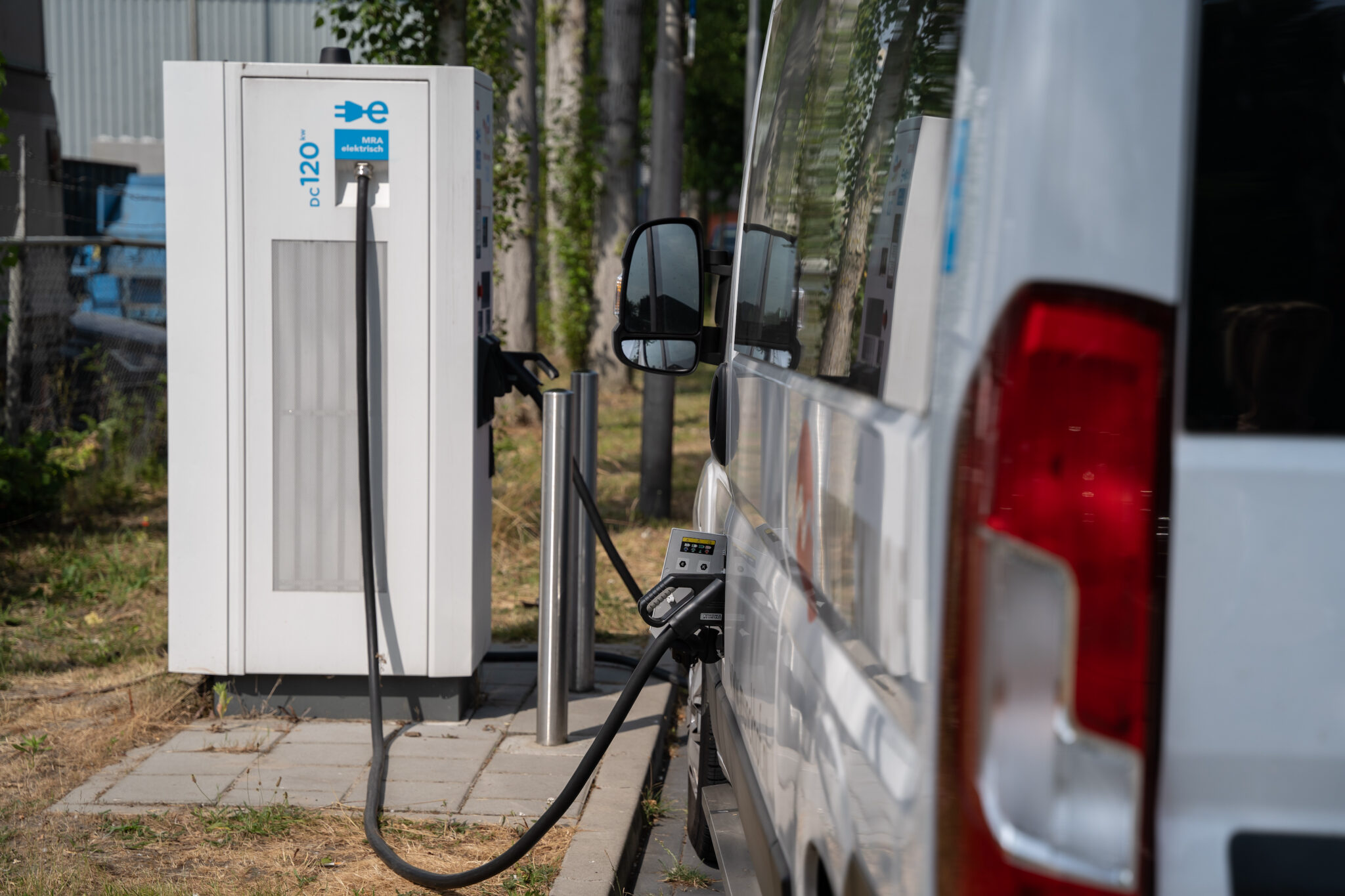
Northern Netherlands gets 35,000 extra charging points

Up to 35,000 public and smart charging points for EVs will be added in North Holland, Flevoland, and Utrecht over the next four years /MRA-Elektrisch
Up to 35,000 public charging points for EVs will be added in the Dutch provinces of Flevoland, North Holland, and Utrecht by 2027. The first


Comments
Ready to join the conversation?
You must be an active subscriber to leave a comment.
Subscribe Today